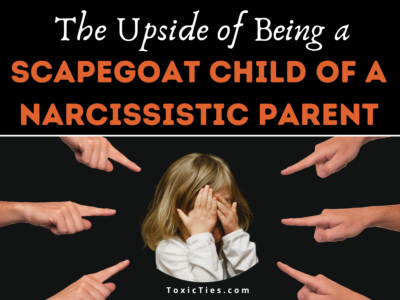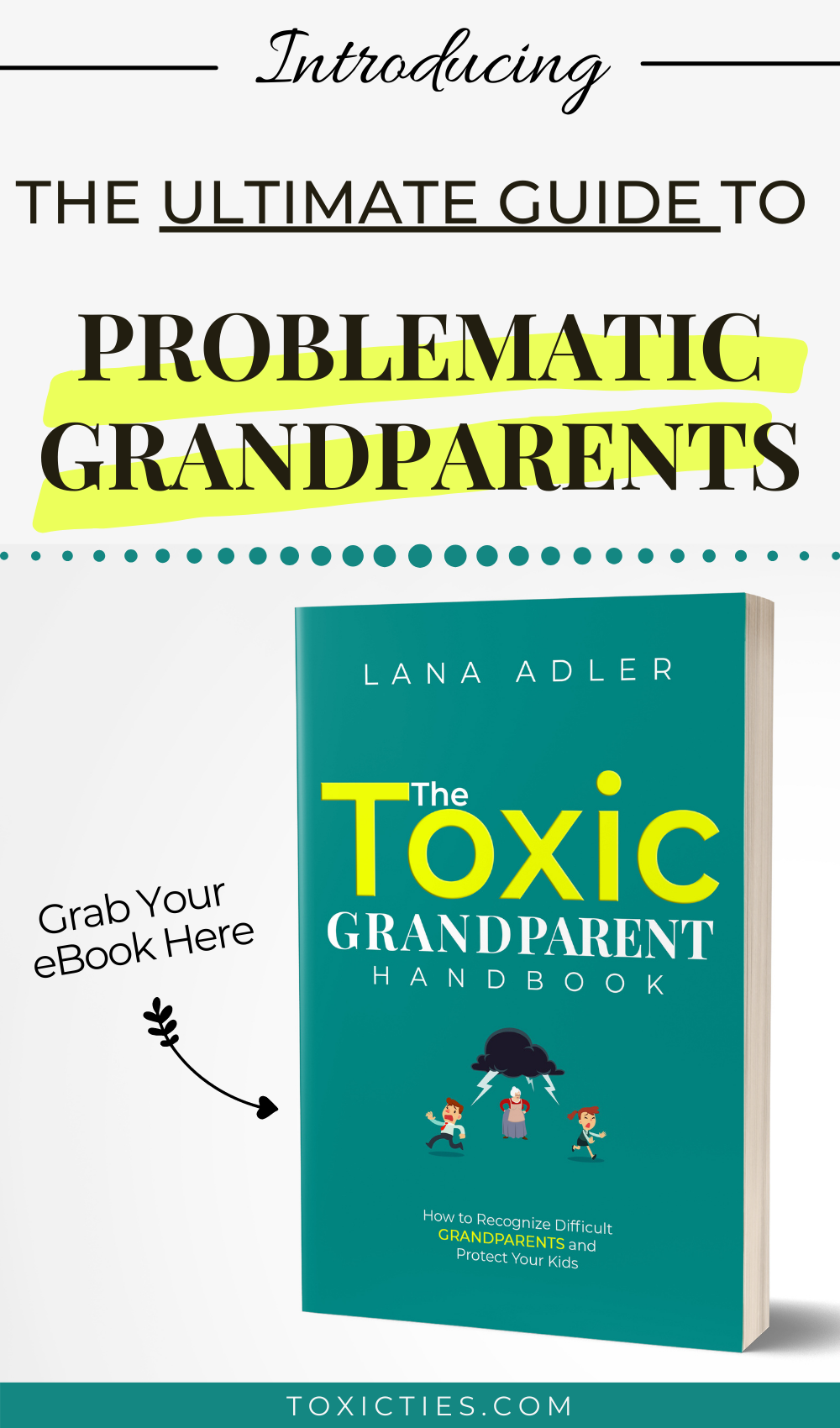Although narcissists act as if they’re better than everyone else, deep down they feel worthless, insecure, and inadequate. This article explains the reason behind this dichotomy.
When you hear the term “narcissist,” you probably imagine a selfish, attention-seeking individual who acts with a sense of superiority and entitlement.
However, you may be only half-right. The truth is, the more you learn about a narcissistic personality disorder (NPD), the more you come to realize that narcissists act this way because deep down they feel worthless and inadequate.
So seeing the full spectrum of narcissism, including all the insecurities that accompany it, can help you better understand this condition, develop empathy for those afflicted by it, and learn how to handle being around narcissistic people.
After all, we’ve all had the experience of dealing with someone with NPD features. Maybe it’s someone you dated, someone at work (for example, a narcissistic boss), or even someone in your own family (i.e., a narcissistic mother).
Coping with these individuals is often a confusing and frustrating experience. But if you know where their behavior originates from, it’ll make it easier for you not to take their antics personally. You may even develop some coping mechanisms for dealing with narcissists and other difficult people.
But before we jump to be deeper issues behind common narcissistic behavior, let’s take a look at what narcissism is.

What is Narcissistic Personality Disorder (NPD)?
In order to understand why a narcissist may struggle with self-worth, we must first know what narcissistic personality disorder is.
Narcissism, or narcissistic personality disorder (NPD), is a pattern of grandiosity, a need for admiration, self-centered thinking and behavior, and a lack of empathy for others.
A person with NPD tends to create a grandiose version of themselves in their head. This idealized version makes them feel superior and entitled to special treatment. It also serves to protect them from their real self — one plagued with insecurities and a sense of worthlessness.
But like anything false, it’s fragile. So those with NPD are easily shaken by anything less than complete adoration. And whenever they feel that their projected idealized image is under attack, they jump into the victim role.
Another symptom of NPD is troublesome or shallow relationships. Because of their lack of empathy and consideration for others, narcissistic people are unable to sustain meaningful, long-lasting relationships.
Instead, they will attempt to manipulate you into believing their false version of themselves. And when you start catching on, they will immediately discard you and move on to someone else.
They will praise and adore those who fell for their disguise, and they will never forgive those who didn’t. In fact, the people who can see through their smoke and mirrors drive the narcissist insane.
The most terrible people in the narcissist’s book are those who question the narcissist’s narrative.
Needless to say, this grandiose and superior self is a mask. It’s meant to overcompensate for the sense of inadequacy buried deep inside the narcissist’s psyche.
Because of this duality of superiority/inferiority, a narcissist tends to see the world in dualistic, black and white terms. Things are either good or bad, with nothing in between. The term for this type of rigid thinking is “splitting.”
The “good” is when the narcissist is receiving praise and admiration from the people around them. As long as the outside is reflecting the grandiose image they have created, everything is right with the world.
But any doubt, rejection, or criticism will lead to cracks in the false image, causing them to spiral out of control.
The Causes of Narcissistic Personality Disorder
Understanding what causes a narcissistic personality disorder is important because it can explain the feelings of worthlessness inherent in narcissism.
However, the exact causes of narcissism are still unknown. The scientific consensus is that narcissism originates in childhood as a maladaptive response to unmet needs or trauma.
For example, someone may develop a narcissistic personality if they grew up with constant criticism and felt torn down by the people around them. They may also become narcissistic if they were showered with compliments and excessive admiration as a child.
So if a child had faced constant criticism or learned to find their worth in receiving praise and approval from others, their self-worth will be fragile and conditional.
However, genetics and neurobiology are also possible factors in the development of narcissism.

The Narcissist’s Greatest Weakness
As we have established, one of the most defining characteristics of NPD is a fragile sense of self-worth.
Because of this fragility, a narcissist may be consumed with worries about the way other people see them. They will want to appear successful and superior to those around them. And they will do whatever it takes to maintain this image.
Those with NPD features are typically battling with unwanted feelings of insecurity beneath the surface of the grandiose image they attempt to present to the world.
As a result, they are extremely sensitive to criticism. The fear of facing their own insecurities and the stress of attempting to maintain the false image often lead to other mental health issues, such as anxiety or depression.
Criticism is the greatest threat to a narcissist’s precarious sense of inner balance.
The way insecurity manifests in those with NPD is different from how it affects others. Typically, a narcissist who feels threatened will either go on the offensive or play the victim.
So extreme sensitivity to criticism is one of the hallmarks of this disorder.
Final Thoughts on Why Narcissists Feel Worthless
Rather than seeking it from within, narcissists tend to rely on external sources of validation to feel valued and worthy.
When someone finds their validation from external sources, this type of self-worth is conditional and short-lived. So the hunger for more validation is never satiated.
In fact, when the outside world contradicts the narcissist’s grandiose image of the false self, it reinforces the feelings of worthlessness, insecurity, and shame.
Is there hope?
Unfortunately, those experiencing a narcissistic personality disorder are typically oblivious to their issues. They will not be reaching out to a mental health professional to find healing and true confidence.
People who do end up seeking help are those who’ve encountered the narcissist on their path and were negatively impacted by that encounter.
If you believe that somebody you care about has a narcissistic personality disorder, make sure that you are protecting yourself by setting boundaries. While a narcissist may be struggling with their own feelings of worthlessness, it does not excuse any hurtful or manipulative behavior.
Because of their need to feel superior, narcissists expect special treatment from other people and fail to take accountability for their actions.
It does not mean that they are not accountable.
If you feel that your relationship with a narcissist causes you harm, know that it’s okay to end it or change the rules of engagement. Depending on your circumstances, you can go no contact, low contact, or just take a break from them.
Your emotional wellbeing is a crucial part of your quality of life.
Do not allow anybody to destroy it.

NEXT
Martyr Complex and Covert Narcissism: All You Need to Know








Leave a Reply